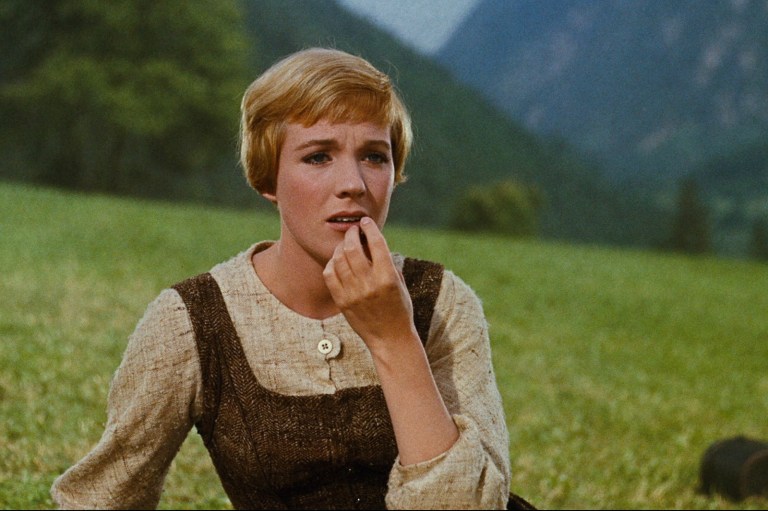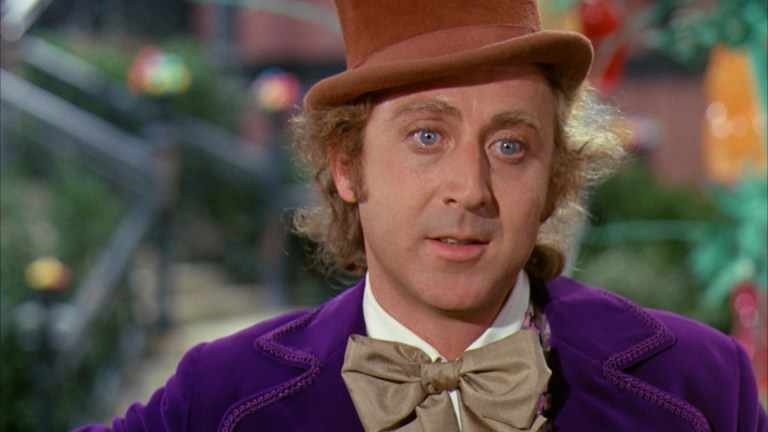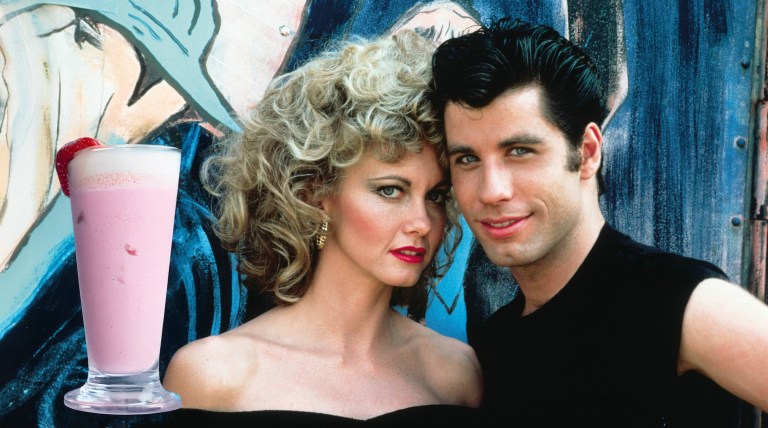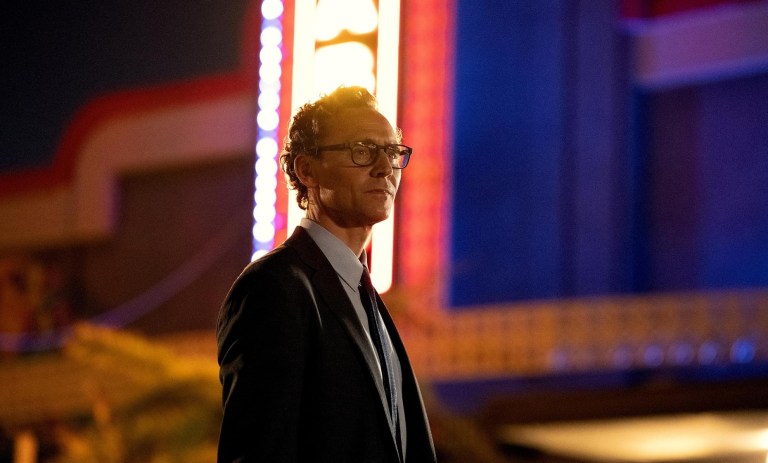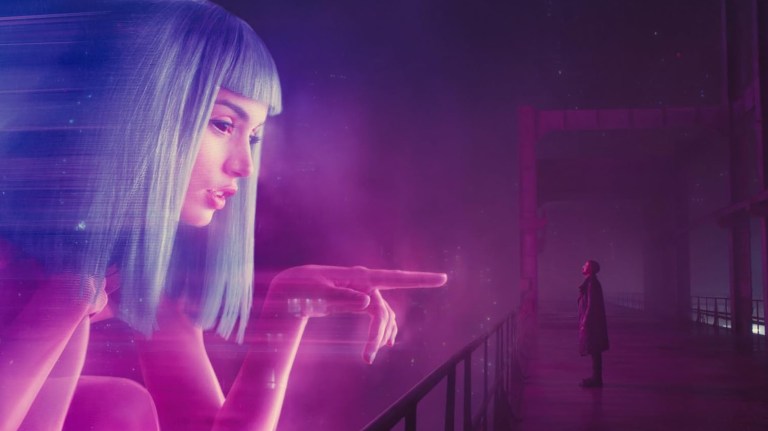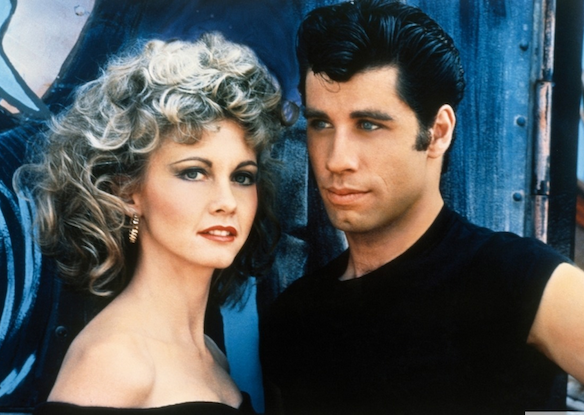
6 Popular Movies That Have Terrible Moral Messages
We all know Hollywood likes to brainwash us with subtle symbolism and hidden satanic references, but there are some films that have pushed the envelope a little too far.
We all know Hollywood likes to brainwash us with subtle symbolism and hidden satanic references, but there are some films that have pushed the envelope a little too far. And the worst part? We absolutely love them. Really.
I don’t know what it is about bad influences that get audiences so hyped up but history has shown that the films with the loudest barks also have the nastiest bites. In some cases, it is not until you step back from the movie screen and dissect these movies like an over-analytic English teacher do you realize how truly awful some of these messages truly are, and how well we are able to ignore them:
1. Willy Wonka and the Chocolate Factory (1971)
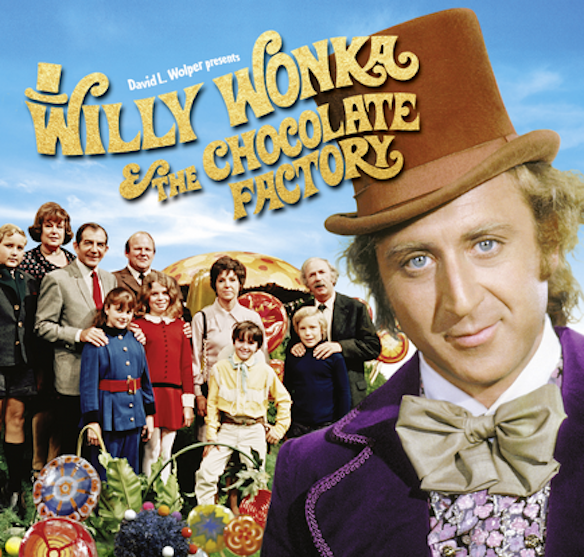
Message: Slave labor is okay as long as we get candy out of it.
Can we just talk about Oompa Loompas for a second? These little, misunderstood orange people (just so we’re all on the same page, I’m not talking about the cast of Jersey Shore) were recruited by Mr. Wonka to run his factory at little to no cost. This is very obviously slave labor, you guys. And yet, somehow, the filmmakers managed to make the whole affair seem fun by giving them a catchy theme song and hoping we wouldn’t notice the reality of the situation. What if that song is really a coping method for them? What if singing is the only thing in life that gives them hope and gets them through the day? We are celebrating their misery and we don’t even care because they are building a room made of candy and that’s fascinating.
2. The Little Mermaid (1989)…and most Disney films, really.
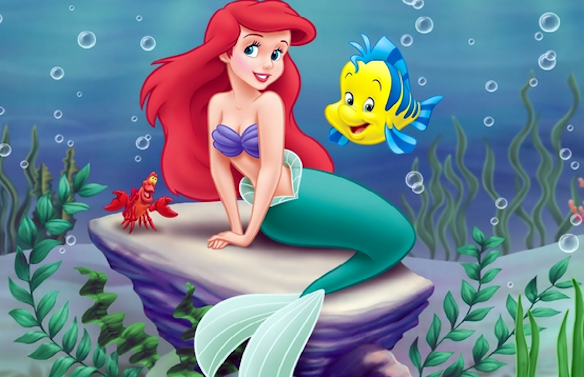
Message: It’s okay to change who you are and give up your identity for love.
This situation could be different if the protagonist was changing who she was for the better. (If Ariel decided to ditch her hoarding habit so that she could lead a normal life, for example.) However, this is not the case. In this innocent Disney movie, Ariel the Mermaid locks eyes with a handsome, animated version of Matt Bomer and immediately decides to leave her family, her friends, and her tailfin behind. This seems to be the case with a lot of Disney films, but I don’t have nearly enough time to get into Walt Disney’s broken moral compass.
3. Fatal Attraction (1987)
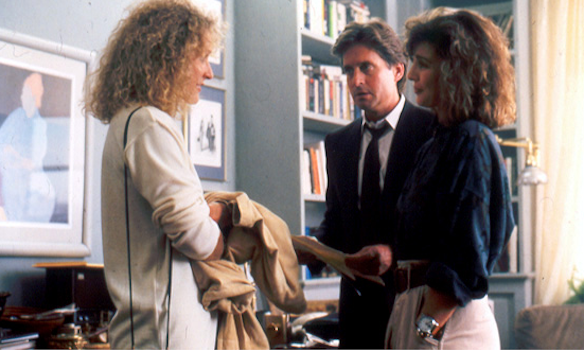
Message: Professional women are to be feared, because they’re probably crazy.
There’s nothing better than a strong, confident woman who wants to kill your family. According to the producers of this movie, the original ending portrayed Alex, the obsessive other woman, as a victim of a careless cheater, but test audiences preferred the psycho image. As a result, Alex ends up being the violent home wrecker, not the man who cheated on his wife and betrayed his family.
4. Forrest Gump (1994)
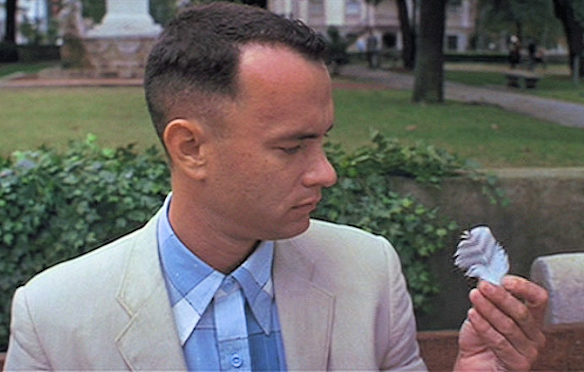
Message: Don’t question the government, conservative politics, or really anything.
The film that brought us the greatest quote about life and chocolate also carries one of the most misleading messages about success. Think back to Forrest’s life story. Forrest, the painfully innocent protagonist, is successful in everything he does. He runs away from his school bullies, right onto the football field, where he is noticed by recruiters and given a sports scholarship to a good college. Upon graduation, an army recruiter practically hands Forrest a ticket to his guaranteed success as a war hero, where he meets Bubba, the friend that inspires the creation of the Bubba Gump Shrimp Company and makes Forrest rich. Meanwhile, his counterculture girlfriend Jenny finds herself struggling in an abusive relationship, singing naked for money, and fooling around with drugs, which ultimately leads to her contracting AIDS and dying. Put simply? Anyone who doesn’t question the system (or, in this case, isn’t even smart enough to question the system, which was a very intentional decision made by the writers) will succeed. Anyone who does, will not. (None of this will stop me from yelling, “Run, Forrest, Run” whenever I get the chance, but it’s something to think about.)
5. Twilight (2008)
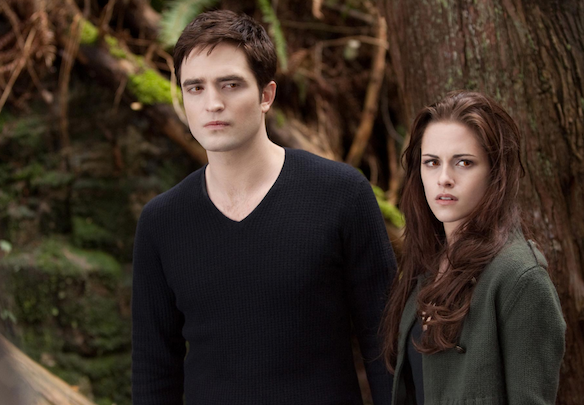
Message: Give up your mortality for your stalker./Let your baby date a werewolf.
This one pretty much speaks for itself. Why anyone would be turned on when their (albeit, attractive) classmate shows up in the middle of the night to watch them sleep is beyond me. If that wasn’t weird enough, (SPOILER) Bella decides to let Jacob date her unborn child in the final installment. (“Hey mom, is Jacob a good kisser? You’ve done it before, you would know.”) So, should we be allowing our kids to date dangerous, mythical creatures now? If so, I call dibs on centaurs.
6. Grease (1978)
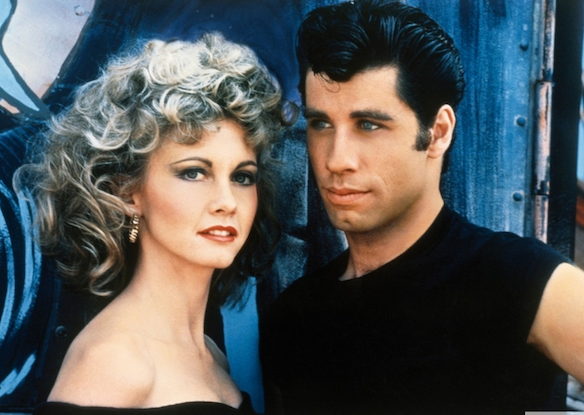
Message: Change yourself for the person you want to be with.
Grease may be the ultimate “bad message” movie. Similar to The Little Mermaid’s dilemma (but without the whole half-fish, half-human problem), Grease shows not one, but two characters changing who they are for the other person. And yet, this film has been adapted into musicals and added to every “best movie” list. The logic here is questionable.
***
All of this comes down to a matter of perspective, though. One could argue that the moral message in Grease was, in fact, the exact opposite: both of the characters changed only to find that they loved each other just the way they were. Ariel gained the confidence to follow her dreams of becoming human and connecting with another person. Forrest Gump showed the power of unconditional love. Whatever. I could go on but the truth is, everyone interprets movies differently. That’s what makes them so magical. Maybe I’m wrong about all of these films. Maybe I’m right. Maybe those Oompa Loompas are still making minimum wage in a factory somewhere. I guess we’ll never know. ![]()
